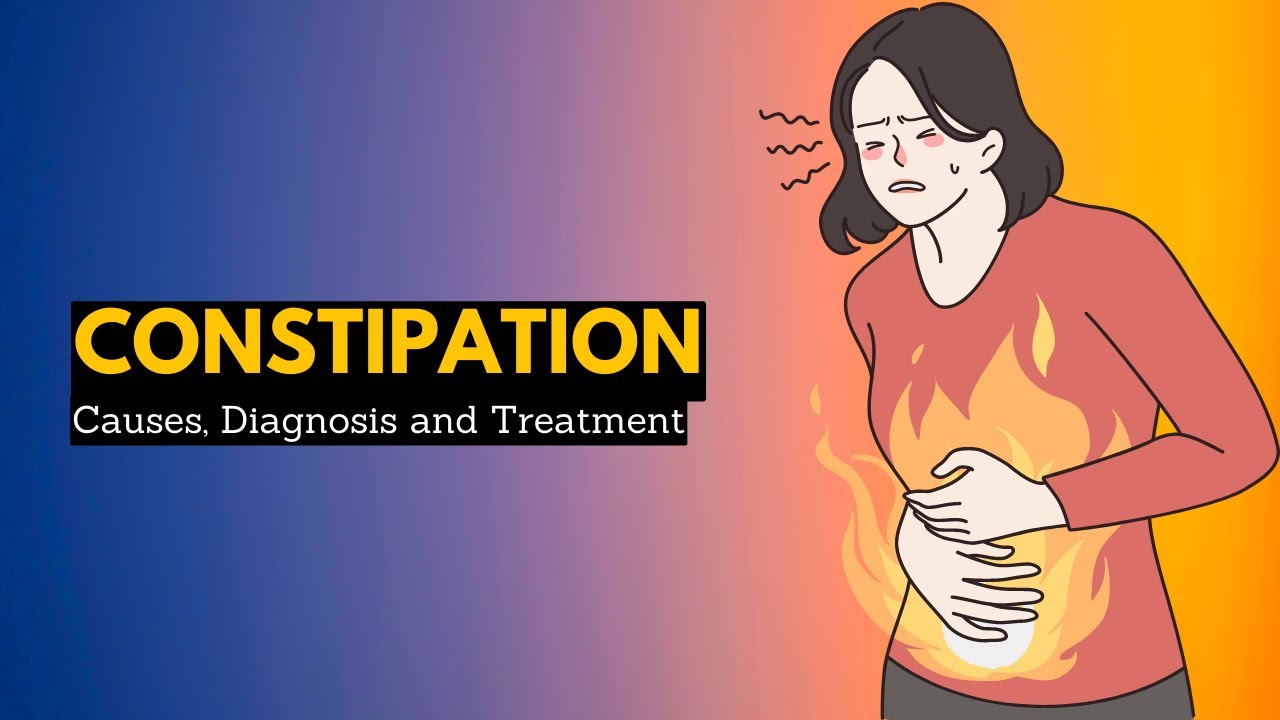Constipation Pain: A Comprehensive Guide
In the realm of digestive discomfort, constipation pain is a common issue that affects many. This comprehensive guide aims to unravel the mysteries of constipation pain, where it is typically felt, and the symptoms that accompany it. By the end, you’ll have a clearer understanding of this discomfort and how to manage it effectively.
Where is Constipation Pain Felt?

Where is constipation pain felt
Locating the Discomfort
The first step in addressing constipation pain is knowing where to find it. Typically, this discomfort is felt in specific areas of the body. Let’s explore these locations and gain a clearer picture of what constipation pain entails.
Common Symptoms of Constipation
Signs to Watch For
Constipation often comes with a set of telltale symptoms. Recognizing these common signs is essential in understanding your digestive health. Let’s explore what to watch for when it comes to constipation.
Causes of Constipation
Uncovering the Triggers
Constipation doesn’t happen in isolation; various factors and conditions can trigger it. Understanding the root causes is the first step in effective management. Let’s uncover the triggers behind constipation.
Identifying Constipation Pain
Self-Assessment Tips
Recognizing constipation pain is essential for timely intervention. Here, we provide practical self-assessment tips to help you identify this discomfort and understand its severity.
Managing Constipation Pain
Taking Control
When constipation pain strikes, knowing how to manage it can make all the difference. We provide actionable tips, lifestyle adjustments, and guidance on when to consider medical assistance for effective pain management.
When to Seek Medical Help
Recognizing Red Flags
While most cases of constipation pain can be managed at home, there are instances where seeking medical help is crucial. We outline the red flags and symptoms that warrant prompt attention from healthcare professionals.
Frequently Asked Questions (FAQs)
1. What are the typical locations where constipation pain is felt?
Constipation pain is typically felt in the lower abdomen and can sometimes radiate to the lower back.
2. How can I differentiate constipation pain from other digestive issues?
Constipation pain is often characterized by a feeling of bloating, cramping, and a sense of fullness. It’s essential to consider other symptoms and consult a healthcare professional for an accurate diagnosis.
3. What lifestyle changes can help prevent constipation and its associated pain?
Making dietary adjustments, staying hydrated, and incorporating regular physical activity can contribute to preventing constipation and its discomfort.
4. Are there over-the-counter remedies for constipation pain relief?
Yes, over-the-counter laxatives and stool softeners can provide temporary relief, but it’s advisable to use them under the guidance of a healthcare provider.
5. When should I be concerned about constipation pain and seek medical attention?
If constipation pain is severe, persistent, or accompanied by symptoms like blood in the stool, weight loss, or vomiting, it’s essential to consult a healthcare professional promptly.
6. Can constipation pain be a sign of an underlying medical condition?
Yes, in some cases, chronic constipation can be a symptom of underlying conditions like irritable bowel syndrome (IBS) or colon issues. A healthcare provider can perform necessary tests for diagnosis.
7. What dietary changes can I make to alleviate constipation pain?
Increasing fiber intake, consuming more fruits and vegetables, and avoiding excessive consumption of processed foods can help alleviate constipation and related discomfort.
8. Is constipation pain more common in certain age groups or demographics?
Constipation can affect people of all ages, but it tends to be more common in older adults. Lifestyle factors and underlying health conditions can also play a role.
9. Can stress or anxiety contribute to constipation and its associated pain?
Yes, stress and anxiety can affect digestive health and potentially lead to constipation. Managing stress through relaxation techniques may be helpful.
10. How can I track and monitor my digestive health to prevent constipation pain?
Keeping a food diary, staying hydrated, and noting any changes in bowel habits can help you monitor your digestive health and take proactive steps to prevent constipation.
Conclusion
In concluding this comprehensive guide on constipation pain, you are now well-equipped with knowledge about where constipation pain is felt, its symptoms, common causes, self-assessment techniques, and effective management strategies. Remember that your digestive health plays a crucial role in your overall well-being.




